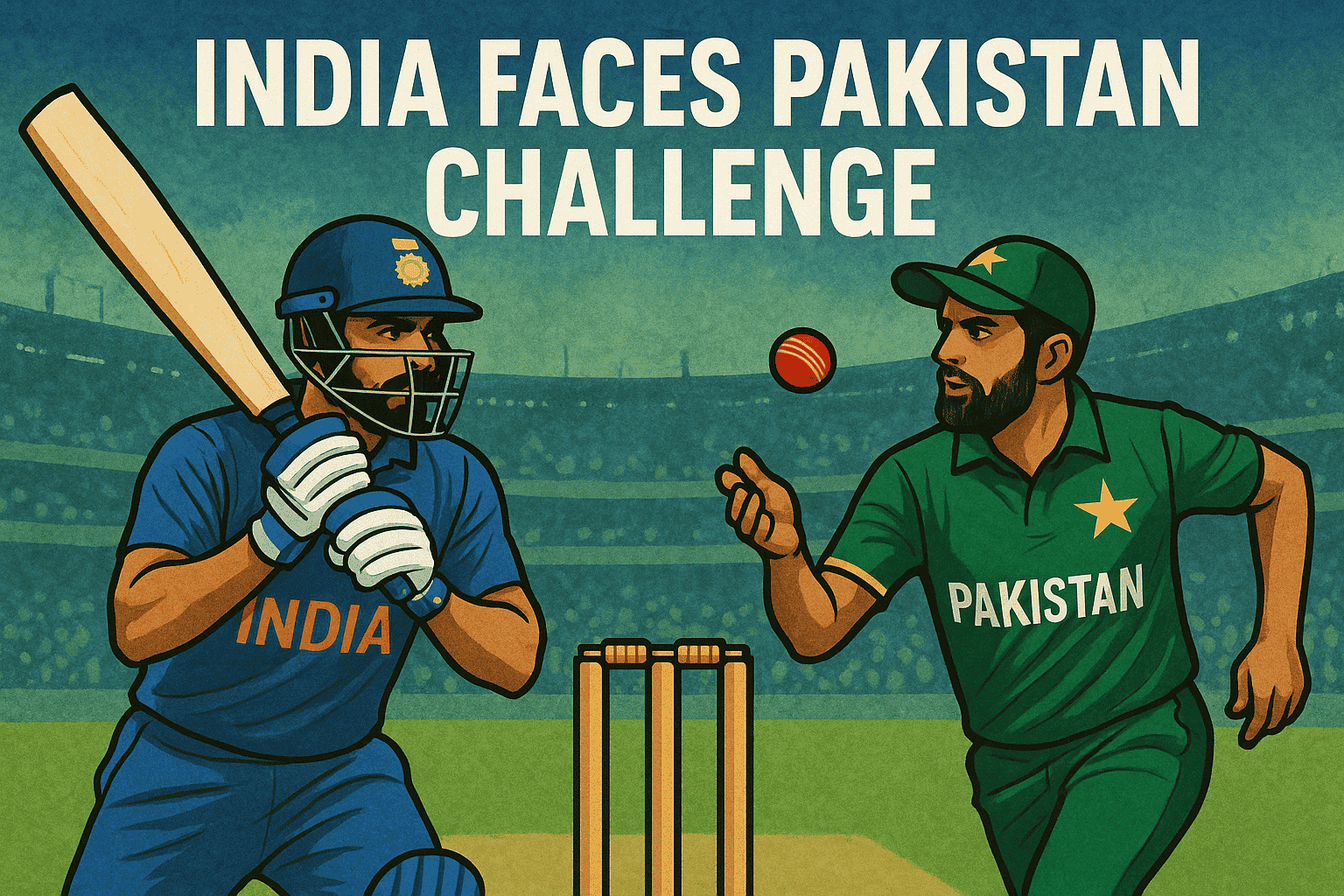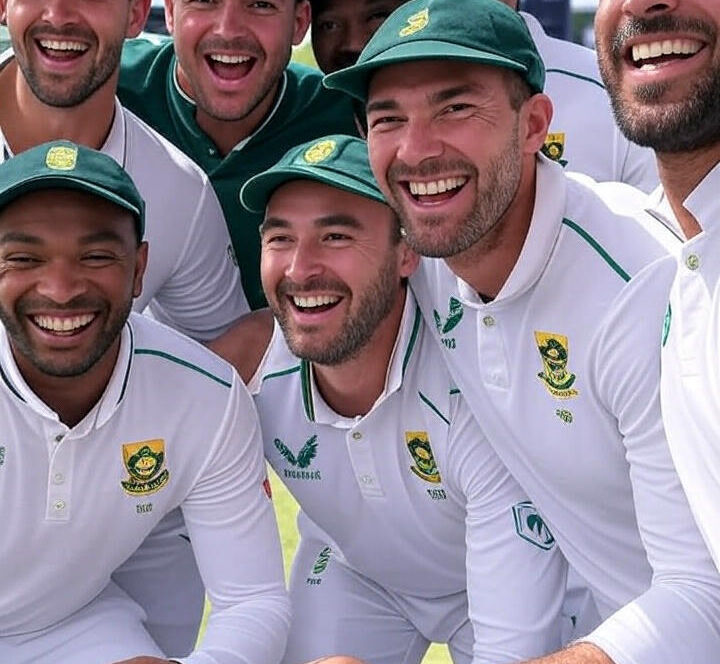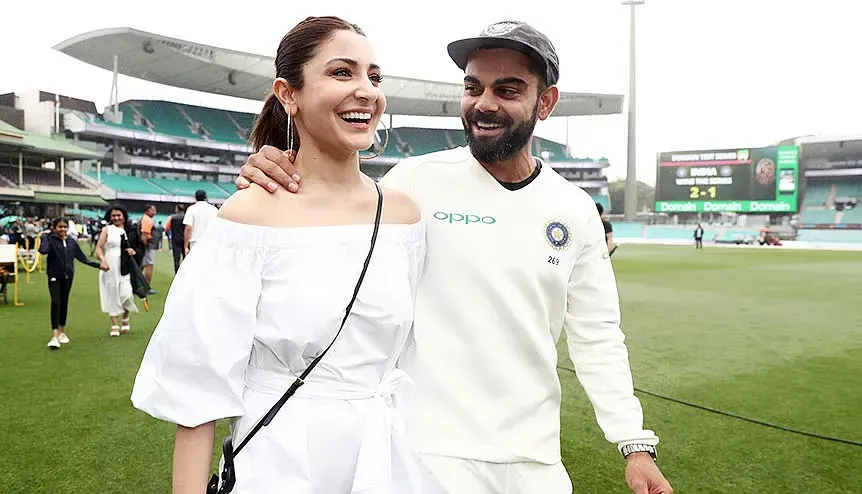The cricketing world has witnessed unprecedented drama as India Faces Pakistan Challenge in the World Championship of Legends (WCL) 2025. This tournament featuring cricket legends has transformed from a celebration of nostalgia into a geopolitical battleground. The clash between these two cricketing giants has sparked intense debates about sport, politics, and national pride.
The Initial Boycott: A Statement of Protest
The tournament began with high expectations on July 18, 2025, at Birmingham’s iconic Edgbaston Stadium. However, the much-anticipated group stage encounter between India and Pakistan never materialized. Indian cricket legends, led by captain Shikhar Dhawan, refused to participate, citing “current geopolitical situation and prevailing tensions” following the Pahalgam terror attack.
This decision sent shockwaves through the cricketing community. Key players, including Harbhajan Singh, Suresh Raina, Yusuf Pathan, and Irfan Pathan, joined the boycott movement. Their stance reflected the deep-rooted tensions that have consistently overshadowed cricket relations between the two nations.
The withdrawal wasn’t merely symbolic. These veteran cricketers demonstrated that their commitment to national security supersedes sporting glory. Their decision resonated with millions of Indian fans who supported prioritizing the nation over entertainment.
Corporate Support: EaseMyTrip’s Bold Stand
The business community also rallied behind the Indian team’s decision. Travel booking platform EaseMyTrip withdrew its sponsorship from the tournament, stating its “nation first” policy. This corporate backing strengthened the moral foundation of the boycott movement and demonstrated unity across different sectors of Indian society.
Such corporate decisions highlight how modern sports have become intertwined with business ethics and national sentiment. Companies increasingly face pressure to align their brand values with public opinion on sensitive geopolitical issues.
The Semi-Final Dilemma: History Repeats
Despite the group stage boycott, both teams progressed to the semi-finals through their respective performances against other nations. The tournament structure inevitably led to an India vs Pakistan semi-final clash, reigniting the same controversies that plagued the group stage match.
Cricket fans worldwide eagerly awaited whether India Faces Pakistan Challenge would materialize at this crucial stage. The semi-final represented more than just a cricket match – it symbolized the complex relationship between two nations with shared history but divided politics.
Tournament organizers found themselves in an impossible situation. They desperately needed this marquee fixture for commercial success, yet respected the players’ principled stance. The dilemma exposed the inherent challenges of organizing international sporting events amid political tensions.
Player Perspectives: Beyond Cricket
The Indian cricket legends faced immense pressure from multiple directions. Fans demanded they maintain their boycott stance for consistency, while cricket purists argued that sport should transcend political boundaries. These veteran players, who had represented India with distinction during their active careers, now carried the burden of representing national sentiment.
Yuvraj Singh, the iconic 2007 T20 World Cup hero, found himself at the center of this debate. His leadership during India’s greatest cricketing triumphs has now been translated into navigating one of the sport’s most sensitive political situations. The weight of expectation from 1.4 billion Indians rested heavily on these cricket legends.
The Pakistani cricket legends also faced their own challenges. Players like Shahid Afridi, who had previously enjoyed cordial relationships with Indian cricketers, witnessed the deterioration of sporting ties they had worked to build over decades.
Fan Reactions: Divided Opinions
Social media platforms exploded with divided opinions about whether India Faces Pakistan Challenge should proceed. Hashtags supporting the boycott trended alongside counter-arguments promoting cricket diplomacy. The debate revealed the complex emotions surrounding India-Pakistan cricket encounters.
Hardcore cricket fans argued that legends’ matches should remain apolitical, allowing retired players to showcase their skills without political baggage. They emphasized that WCL 2025 represented pure entertainment rather than official international cricket.
Conversely, nationalist supporters praised the Indian team’s unwavering stance. They viewed any compromise as betraying the sacrifices of security forces and the families affected by terror attacks. This emotional divide reflected broader societal tensions about sport’s role during geopolitical crises.
Tournament Organizers’ Predicament
WCL organizers faced unprecedented challenges managing this crisis. They issued public apologies, stating they had “unintentionally caused discomfort” to Indian players, but the damage was already done. What began as a celebration of cricketing nostalgia had escalated into a diplomatic nightmare.
The commercial implications were severe. India vs Pakistan matches traditionally generate the highest viewership and revenue for cricket tournaments. Losing this fixture meant substantial financial losses for broadcasters, sponsors, and organizers. Yet, they couldn’t force players to participate against their conscience.
The incident highlighted the delicate balance required when organizing sports events involving politically sensitive nations. Future tournament planners will likely implement more robust contingency plans for such scenarios.
Broader Implications for Cricket Diplomacy
This WCL 2025 controversy has far-reaching implications beyond a single tournament. It raises questions about future India-Pakistan cricket encounters across all formats and tournaments. The episode raises critical questions about cricket diplomacy and its limitations during periods of heightened political tension.
The incident could influence upcoming major tournaments, including the Asia Cup and ICC events. If veteran cricketers can take such strong stands in exhibition matches, active players might face similar pressures during official international fixtures.
Cricket has historically served as a bridge between India and Pakistan, offering moments of unity amid political discord. However, the WCL 2025 boycott suggests this diplomatic role faces increasing challenges in contemporary geopolitical realities.
The Path Forward: Lessons and Reflections
As the cricketing world processes this unprecedented situation, several lessons emerge. First, sport cannot remain completely isolated from politics, especially when national security concerns arise. Second, player autonomy in making principled decisions deserves respect, even when it affects tournament dynamics.
The India Faces Pakistan Challenge in WCL 2025 ultimately transcended cricket. It became a testament to the power of sporting figures to influence public discourse and demonstrate values beyond entertainment. Whether this strengthens or weakens future cricket diplomacy remains to be seen.
Moving forward, cricket administrators must develop frameworks that balance sporting integrity with political realities. They need mechanisms that respect player autonomy while maintaining tournament viability. The WCL 2025 experience provides valuable insights for navigating such complex scenarios.
Conclusion: Cricket’s Evolving Role
The WCL 2025 India-Pakistan saga represents a watershed moment in cricket diplomacy. When India Faces Pakistan Challenge becomes more than sport; it reflects the deep complexities of South Asian geopolitics. The tournament’s legacy extends beyond runs and wickets to questions of national identity, moral courage, and sport’s responsibility during crisis.
These cricket legends, who once united fans through their on-field brilliance, now find themselves as symbols of a broader national struggle. Their decisions will influence how future generations of cricketers approach the delicate balance between sporting ambition and national loyalty.
The WCL 2025 controversy reminds us that cricket, despite its entertainment value, cannot escape the political realities that shape our world. As India and Pakistan navigate their complex relationship, cricket will continue serving as both a bridge and a battlefield for their aspirations, frustrations, and hopes.



